Why do so many people say to go vegan for gut health?
I honestly think it is because extreme point of view are good for sales. Polarizing opinions sell books, get followers, and attract engagement on social media.
If a diet or suggestion is restrictive, polarizing, and extreme, people talk about it more. There are doctors and dietitians out there saying, “be vegan for gut health,” or the opposite, “be a carnivore for gut health.” It’s ridiculous.
I believe plant-based eating is the best way to eat for your gut microbes, and I want you to take the term plant-based” literally. You should “base” your meals on plants if you want them to be gut-healthy.
Many of the recipes on our blog are vegan, and I love to eat whole-food vegan meals… mainly because they are very affordable to make, a great way to eat a lot of nutritious vegetables, and admittedly good for web traffic! However, I could never “be a vegan” as a lifestyle. I’ve tried multiple times, and it never works out for me.
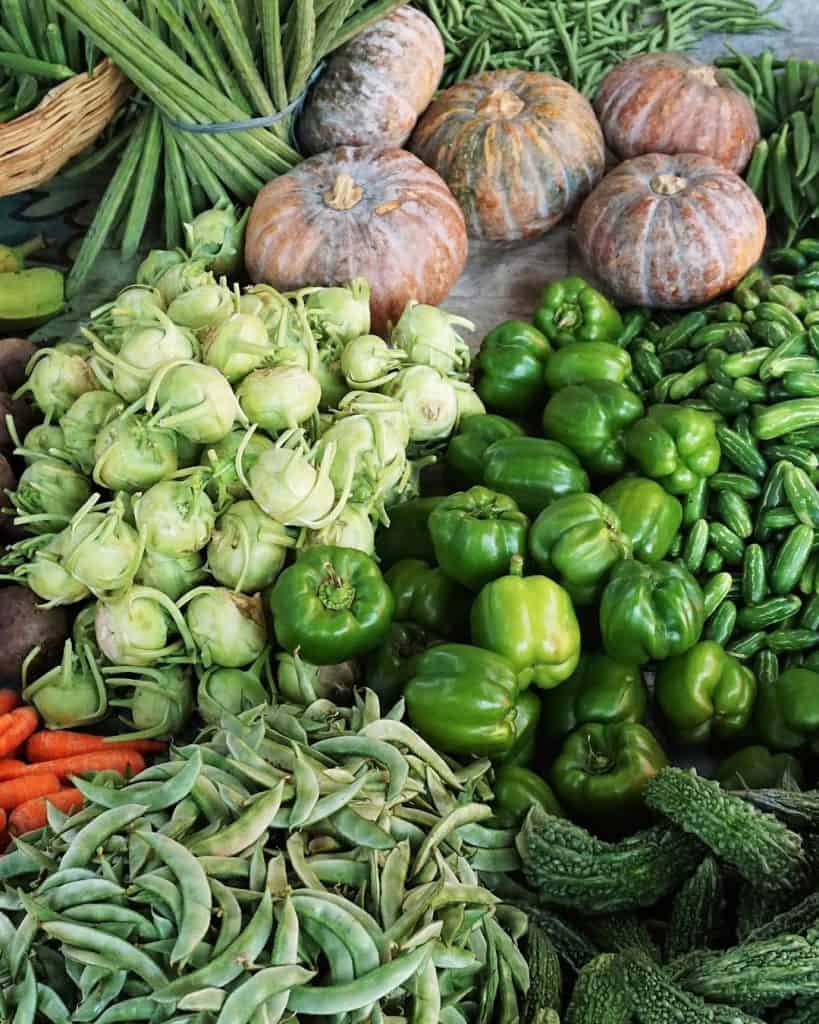
What does it mean to be Plant-Based for Gut Health
Regarding a standard dinner plate 50% should be vegetables, 1/4 should be fermented or whole grains and healthy fats, and 1/4 high quality and nourishing protein. If you eat this way, 3/4ths of each meal comes from plants—so the meals are plant-based.
I don’t think someone achieves health through restrictive labels like “vegan” and “paleo” but a variety of wholesome, nourishing, real foods.
I love to cook, and I cook mostly everything Jon and I eat from scratch. Here’s a breakdown of whole foods Jon and I eat for a thriving microbiome:
- Cooked green leafy vegetables: kale, Swiss chard, bok choy, tatsoi, beet greens, micro-greens, red cabbage, green cabbage
- Root vegetables (raw, pickled, or cooked): carrots, radishes, beets, sweet potatoes
- Other vegetables: fermented vegetables, celery, arugula, pumpkin, winter squash
- Fruits: oranges, satsumas, apples, bananas, coconut, pears, berries, figs, pomegranates, peaches, dates
- Fermented grains: sourdough bread, sourdough bagels, sourdough pizza, sourdough sandwich bread
- Legumes: (I prefer to sprout and/or ferment my legumes before cooking) Black beans, chickpeas, white beans, red beans, lentils, tempeh, miso
- Fats: coconut oil, avocado oil, olive oil, organic grass-fed butter, free-range organic eggs, tallow
- Dairy: whole organic grass-fed regeneratively farmed milk, fermented yogurt, fermented milk kefir and fermented cheeses
- Meat: wild caught fish, shell fish, oysters, salmon, grass fed/grass finished regeneratively farmed beef, chicken and bison, beef and chicken bone broth.
- Spices, herbs and sauces: oregano, parsley, ginger, turmeric, cilantro, thyme, sea salt, basil, pepper, Tamari, gochujang, fermented hot sauce, apple cider vinegar, raw honey
I do not think being a vegan is good for gut health, I prefer eating plant-based for gut health.
Gut health comes down to balancing and fueling your body with real, quality food grown in regenerative ecosystems.
Plants should not come coated with pesticides from mono-crop fields. Milk should come only from happy cows grazing in the sun, and meat should only come from animals that thrive in their natural regenerative ecosystems. Finally, we should eat foods preserved naturally with microbes through fermentation.
Nourishing food is not sterile, polluted with chemicals, bad for our planet, cheap, quick, and convenient.
Good food takes time; it takes time to grow, time to gather, and time to prepare. With the internet at our fingertips, it’s easier than ever to know where your food comes from. You should always try to understand how your food is made, who makes it, and the impact it has.
The microbial ecology of our bodies and Earth’s soils are sacred and can be restored and nourished through our food choices.
I suggest watching the documentaries Kiss the Ground and Cooked on Netflix to understand the importance of deciding where your food originates. These are great resources to learn how your food choices impact your inner and nature’s ecosystems.
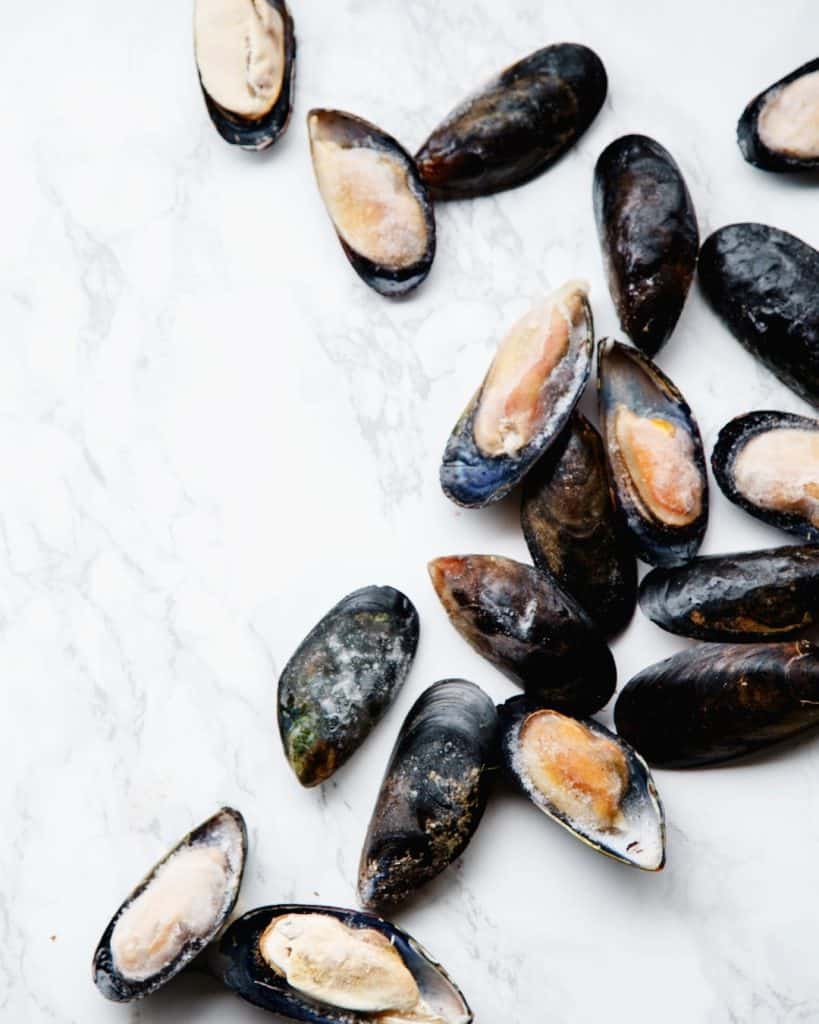
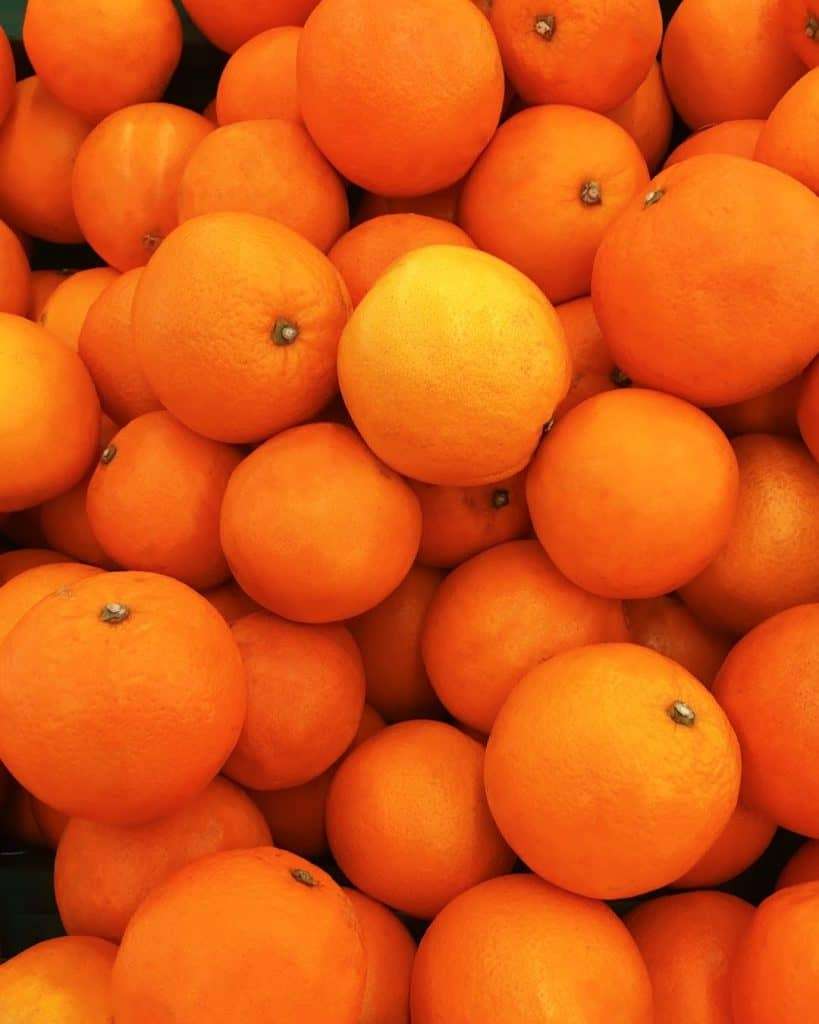
Minerals Often Lacking in a Vegan Diet
Minerals are why I believe in eating high-quality animal-based foods within a plant-based diet.
If you eliminate all animal-based foods to eat a completely vegan diet, it is extremely difficult, if not impossible, to consume the minerals and vitamins necessary for healthy body function just through diet.
The main minerals lacking in a vegan diet are copper, selenium, iodine, and calcium. These minerals are extremely important to most functions in the body, especially thyroid and adrenal function. Speaking from experience, deficiencies in these minerals can lead to major metabolic and hormone imbalances and gut-health issues.
There’s also vitamin B12 to worry about, which cannot be made in the gut if you do not consume animal-based foods. I believe in giving the body everything it needs through real food. I do not think a dietary lifestyle requiring supplements is the healthiest option.
My favorite mineral-rich animal-sourced foods that support healthy metabolic function and a healthy gut are oysters, milk kefir, mussels, salmon, and grass-fed organic beef bone broth.

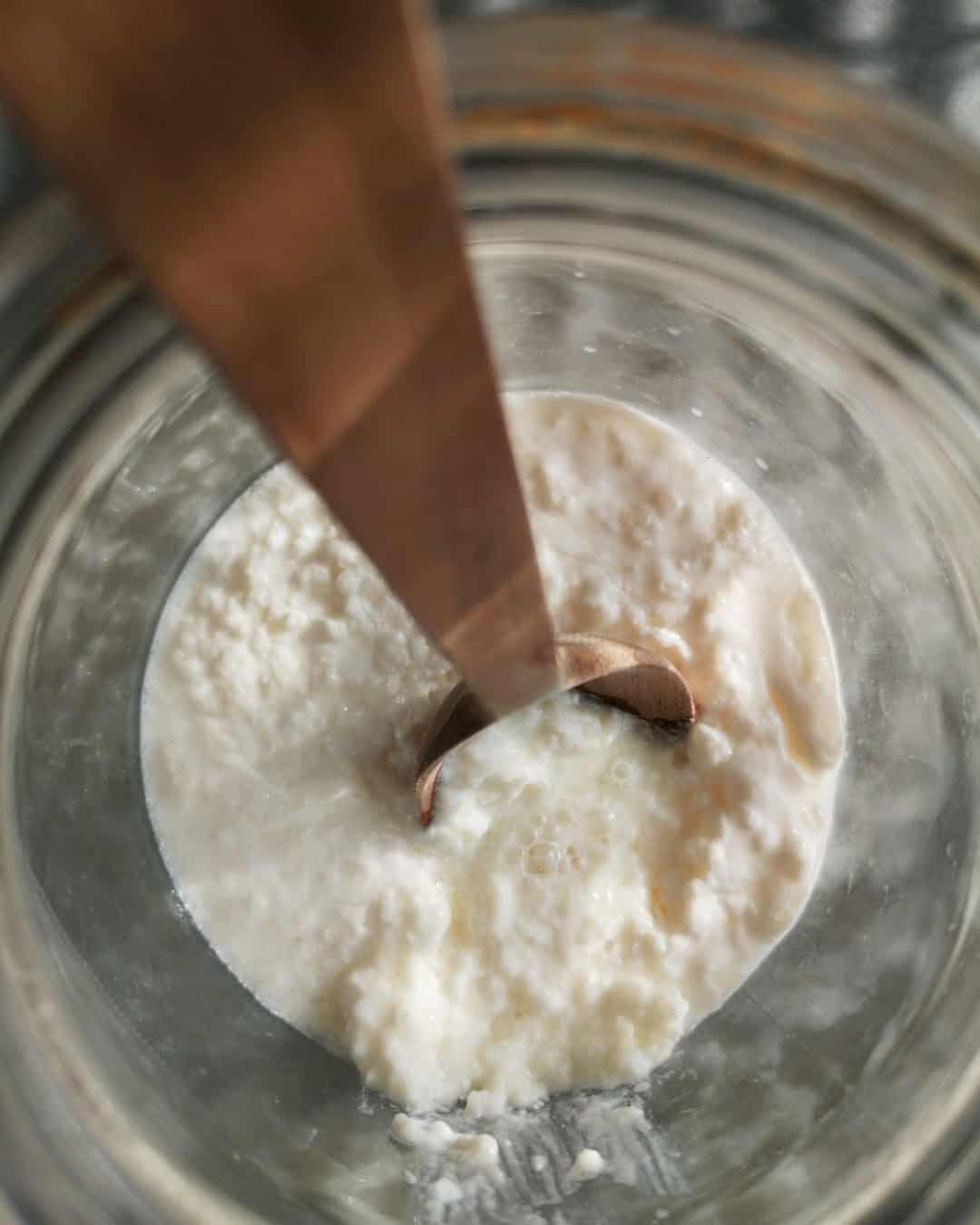
My top tips for eating real, nourishing foods for gut health:
Grow your vegetables or shop at the nearest farmers’ market. Buy local, buy from sources you can get to know and trust.
Buy meat from small local farmers who are fully transparent about their farming practices and the cleanliness of their butchering operation.
Choose meat from small, local, regenerative farms. Some good places I like: Force of Nature, Ballerina Farm, Five Marys Farm, and Iverstine Farms (for my fellow Baton Rouge residents).
Don’t give up on gluten; try long-fermented organic sourdough bread instead.
It’s the same with dairy. Organic dairy from well-treated, nourished animals can be part of a gut-healthy diet, especially when fermented.





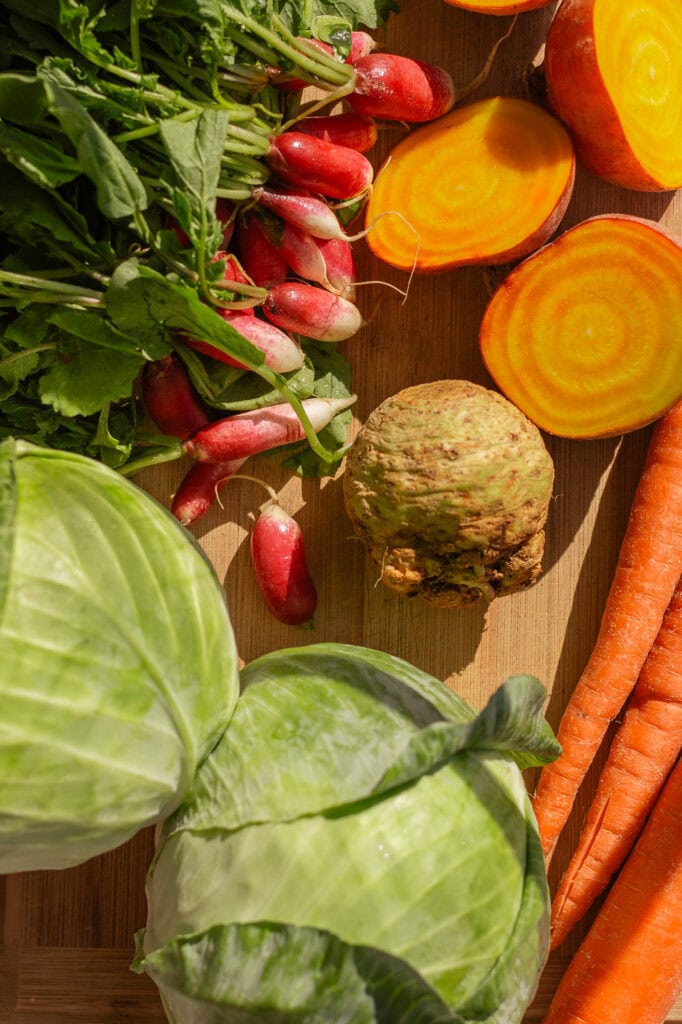
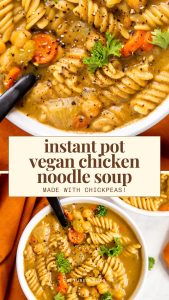

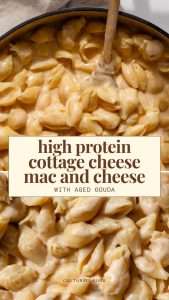
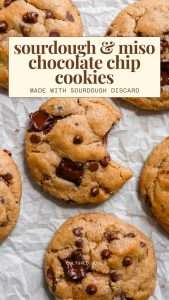
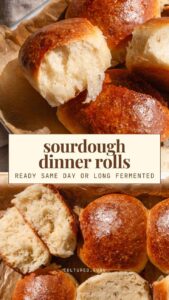
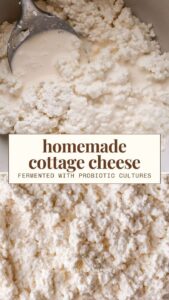
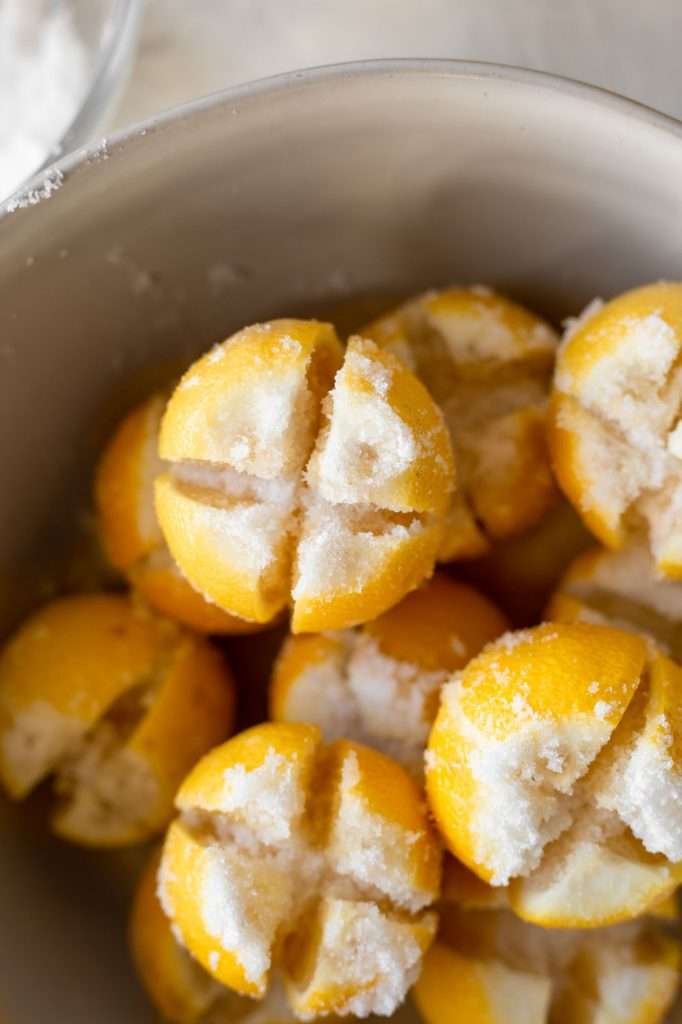
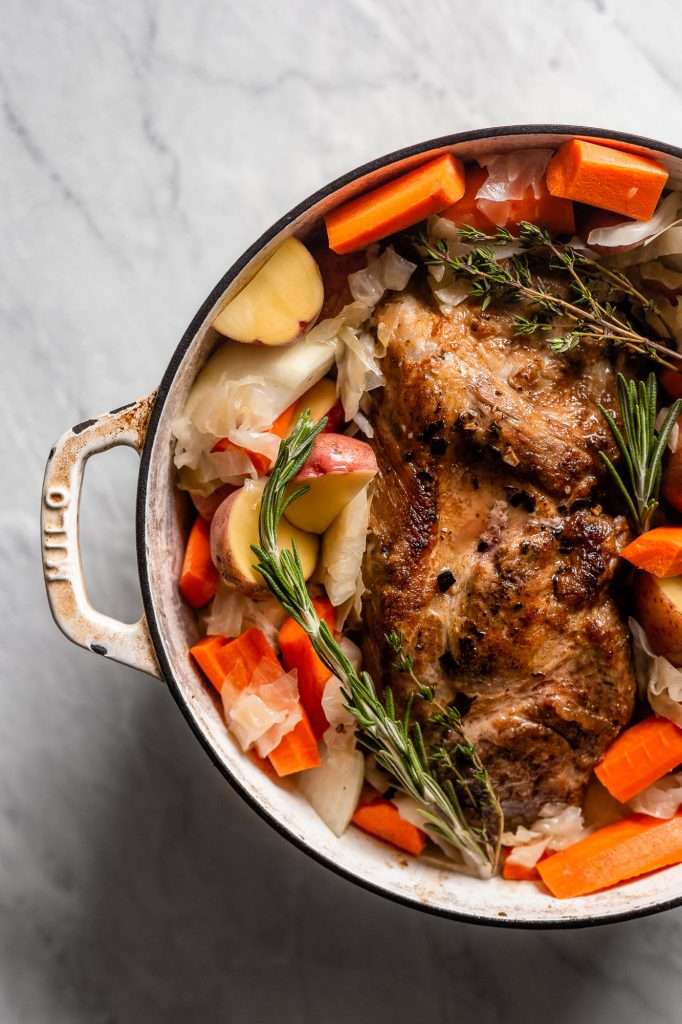
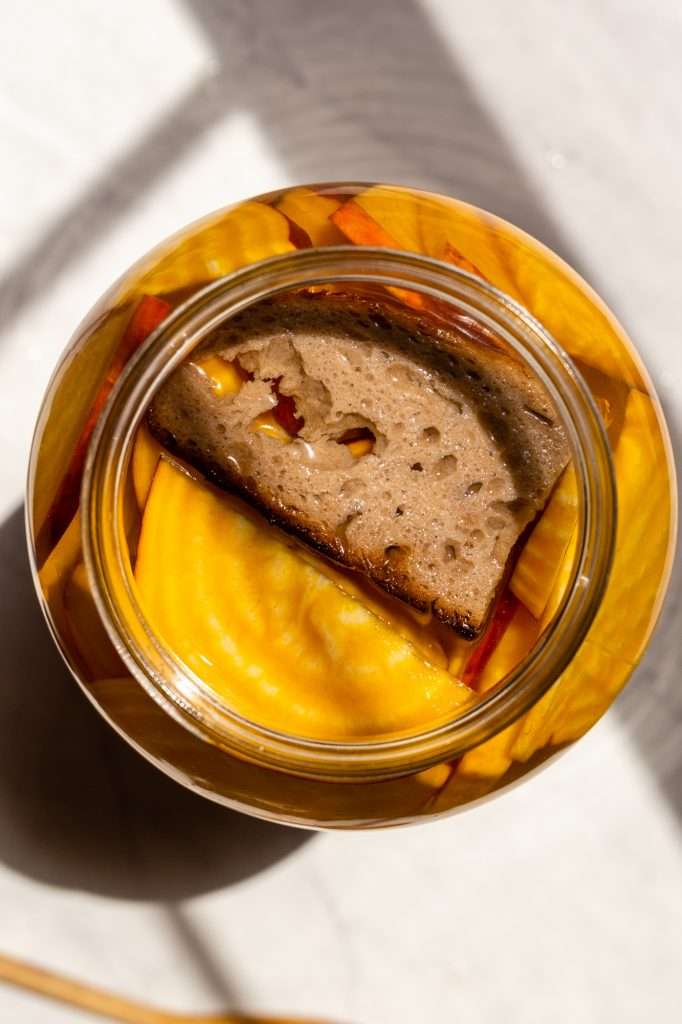
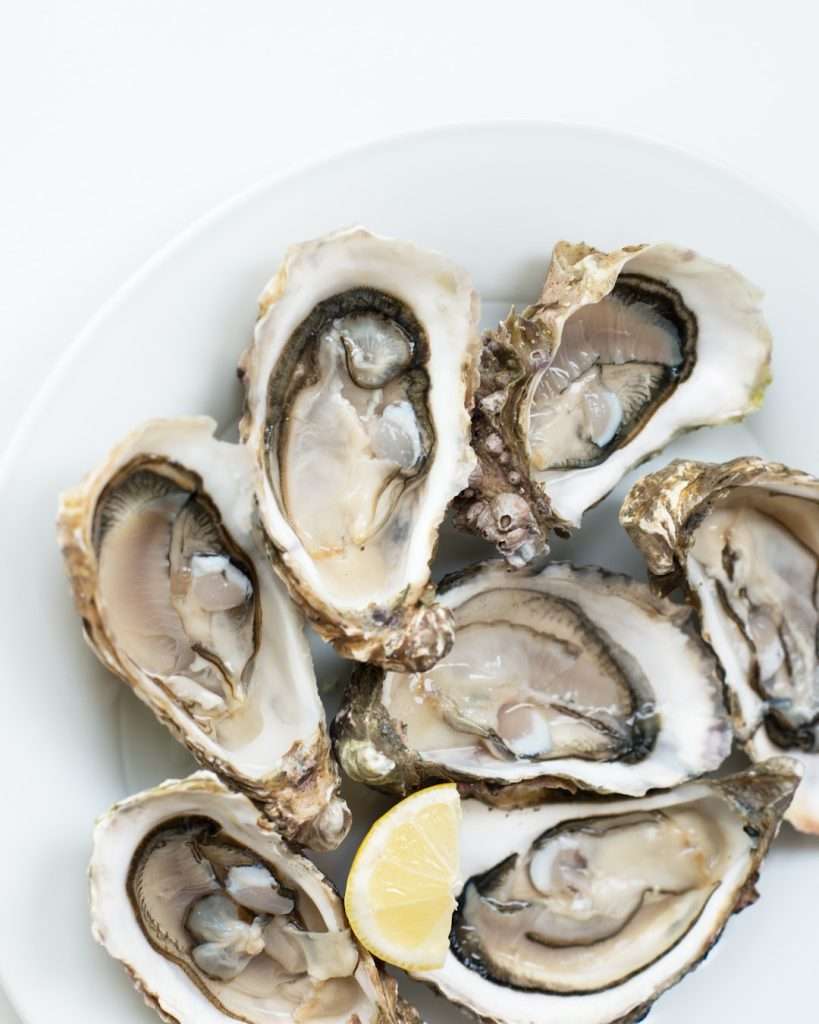
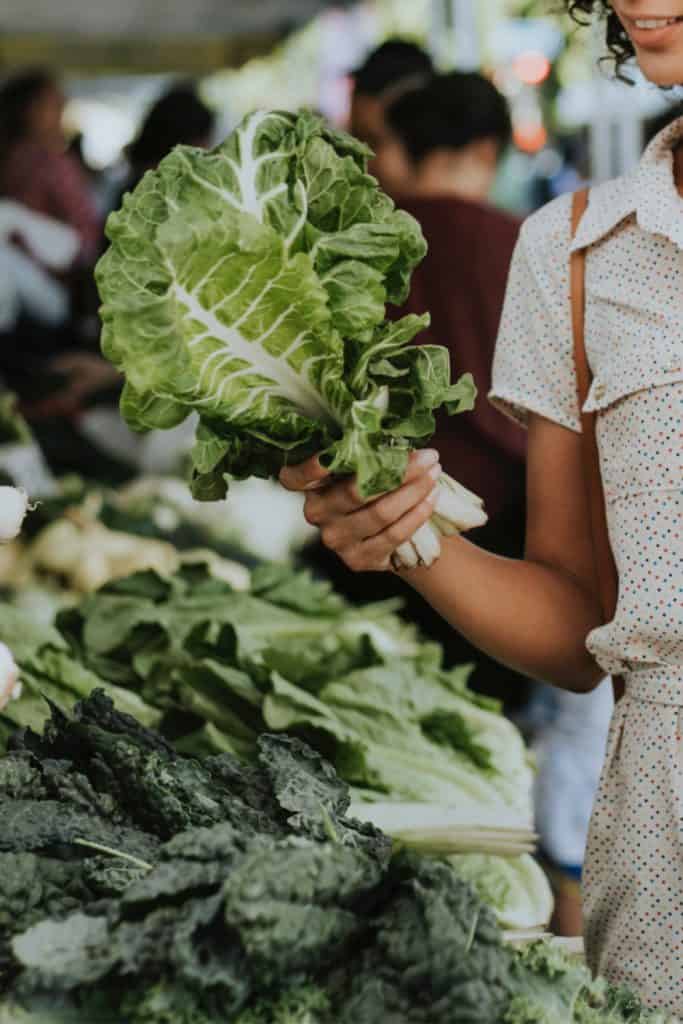


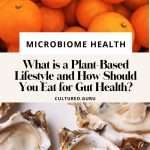
About a month ago I really switched up my diet to make it plant based with no intention of becoming vegan. There are days that I have no animal products and days that I do, but every day I eat a wide variety of plants. I feel so incredibly better now that I have no symptoms of the numerous chronic illnesses I have been battling. I love your balanced approach to health and plan to stay on the same path you are on- lots of plants and fiber and some well-sourced animal products (I live on an organic dairy farm) where they fit in. Thanks so much for all you share on your page!